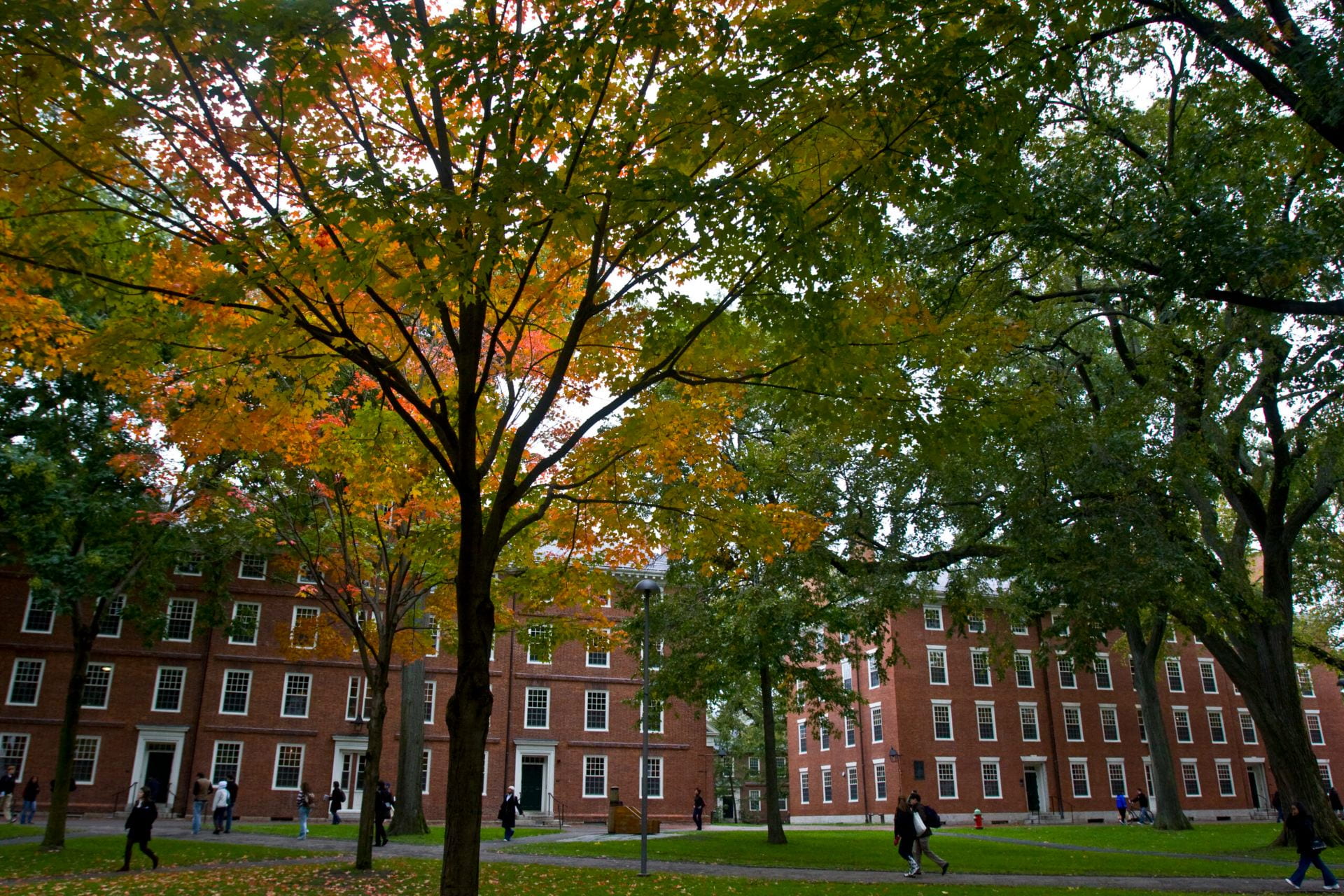Summary of Relevant University Policies on Speech
The foundational policy is the University-Wide Statement on Rights and Responsibilities (“the Statement”), adopted in 1970. In brief, the Statement affirms the rights of Harvard community members to “convene and conduct public meetings, publicly demonstrate and picket in orderly fashion, advocate and publicize opinion by print, sign, and voice.” These rights, however, exist alongside freedom of speech and academic freedom, freedom from personal force and violence, and freedom of movement. These freedoms encompass the ability of members to perform normal duties and activities (e.g., teaching or attending a class). Interference with any of these freedoms will be regarded as “a serious violation of personal rights upon which the community is based.” Thus, an individual may not exercise the right to demonstrate and protest in a way that violates any of these freedoms of others (e.g., a counterprotest that attempts to shut down or disrupt another protest). The Statement further provides that it is the responsibility of all community members to maintain an atmosphere in which violations of rights are unlikely to occur and to uphold the rights and responsibilities expressed therein.
In 2002, in conjunction with a statement by the President and Deans in response to a series of building occupations, the University adopted an “Interpretation” making clear that it is implicit in the Statement that “intense personal harassment of such a character as to amount to grave disrespect for the dignity of others be regarded as an unacceptable violation of the personal rights on which the University is based.”
In 2024, in conjunction with a statement by the Interim President and Deans on University Rights and Responsibilities, the University issued further guidance for those who seek to understand how the Statement applies to planned expressive activity and for the faculty, staff, and disciplinary boards charged with implementing it.
Current School-Based Protest and Dissent Guidelines and Procedures
Several Schools have adopted policies in addition to the Statement:
- In 1990, the Faculty of Arts and Sciences adopted a set of Free Speech Guidelines, which set forth a procedure for dealing with expression and dissent, geared mainly to speaker events and meetings.
- Harvard Business School has adopted a Community Values Statement that includes respect for the rights, differences, and dignity of others and accountability for personal behavior. It also has an HBS demonstration policy, which includes a demonstration permit application.
- Harvard Divinity School has adopted a Statement of Community Values that include respect the rights, differences, and dignity of others; and “listening, speaking, and acting with candor, equitability, and with courtesy, so that all may participate freely within a climate of openness, trust, and sensitivity.”
- Harvard Graduate School of Design has adopted standards of conduct addressing demonstrations (p.46).
- Harvard Kennedy School has adopted a policy on Open Debate, Protest, and Dissent.
- Harvard Law School has adopted Protest and Dissent Guidelines, which address distribution literature, silent protests, audience responsibility, and threats of force and violence.
- Harvard Medical School has adopted a Statement on Mutual Respect and Public Discourse that addresses protests, picketing, and public events.
- The Harvard T.H. Chan School of Public Health has adopted guidelines for open debate and protest.
- Harvard Graduate School of Education has adopted the University Statement on Rights and Responsibilities.
- Harvard School of Dental Medicine has adopted a Statement on Mutual Respect and Public Discourse that addresses protests, picketing, and public events.
Current Administrative Units’ Protest and Dissent Guidelines and Procedures
- Common Spaces facilitates school, department, and recognized student group tabling at:
- Smith Campus Center policies are included in the use request form.
- Science Center Plaza has a use of spaces policy, and provides additional guidance in the space request form.
- Memorial Church use policies are included in their space request form.
- Requests to assemble on the Widener Library steps must be submitted five business days in advance and are subject to approval. Only requests from Harvard-sanctioned student organizations will be considered. To submit a request, email Harvard Yard Operations, yardops@fas.harvard.edu.
